Lifestyle
15 New Etiquette Rules That Boomers Don’t Understand

Social rules don’t stay the same forever. What once was polite can now feel out of place, and some habits that boomers grew up with don’t always land well today. These are 15 modern etiquette norms that often leave boomers puzzled or unintentionally out of step.
Saying “Just show up” isn’t helpful anymore.

Spontaneity used to be welcomed. Now, most people prefer a heads-up before visits or calls. Popping by unannounced or encouraging someone to “just come over” can feel intrusive, not friendly. People today value their personal time and mental space, and dropping in without notice feels like crossing a line that wasn’t clearly marked decades ago.
Phone calls are often considered rude.
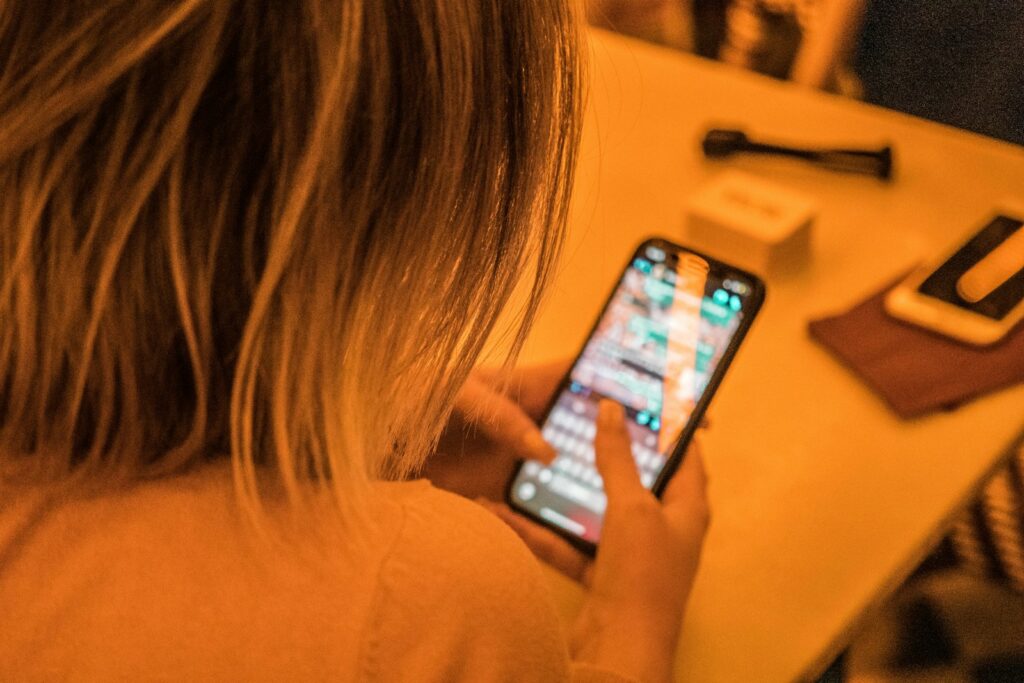
A call used to be the norm, but now, most people prefer a text first. Boomers might see it as more personal, but younger generations often find it disruptive. Phone calls pull people out of whatever they’re doing, while a quick text gives them the choice to reply when they’re free.
Voicemail feels outdated

Leaving a voicemail used to be standard, but now, most people don’t listen to them. A missed call followed by a text is preferred. Voicemails are seen as inefficient and redundant, especially when the same message can be typed faster and accessed more easily. Some younger folks even delete voicemails without ever pressing play.
Comments on weight or appearance are no longer acceptable.

Many boomers were raised in a culture where commenting on someone’s looks was common, even complimentary. But today, remarks about weight, aging, or physical features are often unwelcome—even if they’re meant kindly. Younger generations are more sensitive to body image issues and mental health, and those comments can come off as judgmental or invasive.
Thank-you notes have changed formats.

Boomers grew up writing thank-you cards by hand, and while that’s still appreciated, it’s no longer expected. A thoughtful text, voice note, or even a meme can now carry the same weight. What matters is the intention, not the medium. Younger people often show gratitude through quick, creative, and casual messages instead of formal letters.
Asking people when they’ll have kids is off-limits.

This used to be a harmless question—something asked at weddings or holidays without a second thought. But now, it’s recognized as deeply personal. Many struggle with fertility, don’t want kids, or have other reasons for avoiding that path. What once passed as small talk now feels like prying into someone’s private pain or personal choice.
Email isn’t the go-to anymore.

Boomers still rely heavily on email, but for many younger people, it’s the last thing they check. Messaging apps, DMs, and collaborative tools like Slack have taken over. Emails often feel too formal and slow. Sending one for a quick update might seem responsible to boomers, but to others, it can feel unnecessarily clunky or out of touch.
Silence isn’t awkward. It’s respectful.

Many boomers feel the need to fill every silence with conversation. But today’s etiquette leans toward comfort with quiet. People don’t always need constant chatter. In fact, allowing space in conversation is seen as thoughtful. It shows you’re present, not just filling air. For some, the pressure to keep talking feels more uncomfortable than the silence itself.
Gift-giving rules have relaxed.
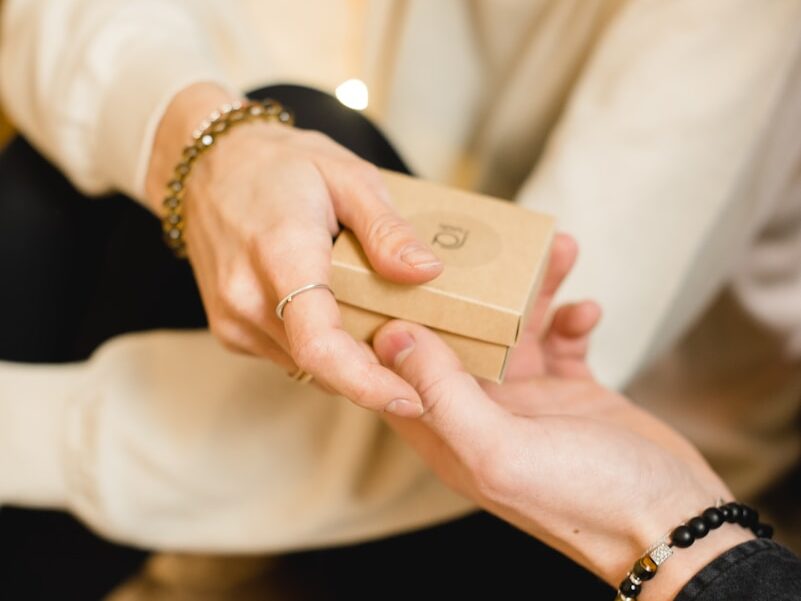
Boomers often feel the need to give tangible gifts for every occasion. But younger people are fine with a shared experience, a digital card, or even just showing up. The focus has shifted from the physical object to the gesture itself. For many, a kind message or small act of service means more than something wrapped in a box.
Asking someone’s salary isn’t acceptable anymore.
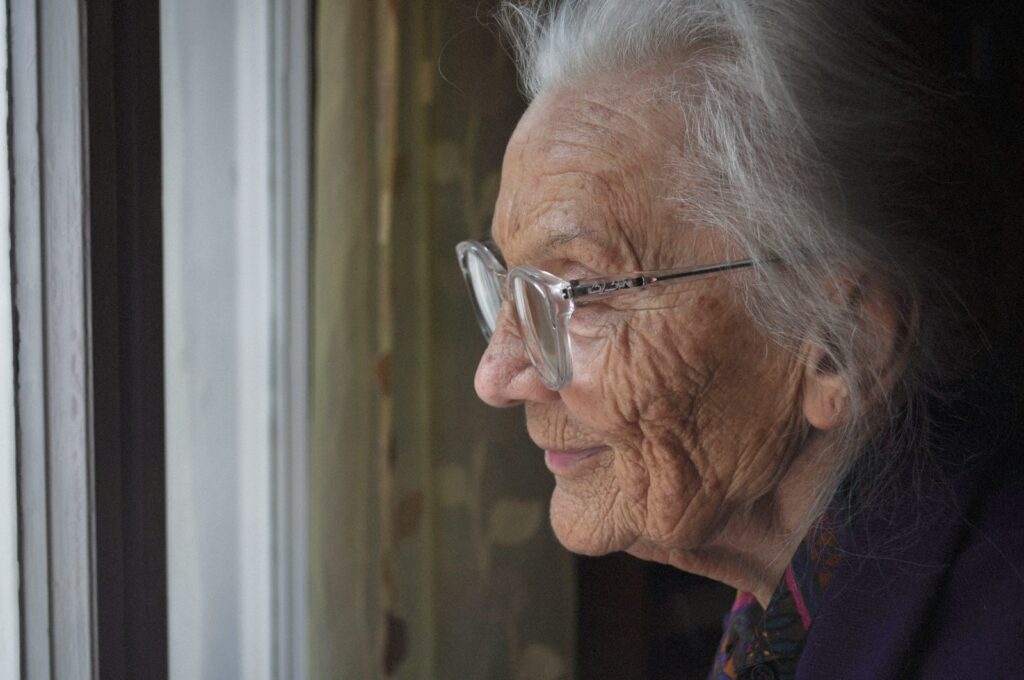
Discussing money used to be more open among families and friends, but today, it’s usually off-limits, especially when it’s unsolicited. Younger generations are more private about finances unless they’re talking in a shared context like pay transparency or workplace fairness. Randomly asking what someone earns is now seen as intrusive, not curious.
Social media is part of social life.
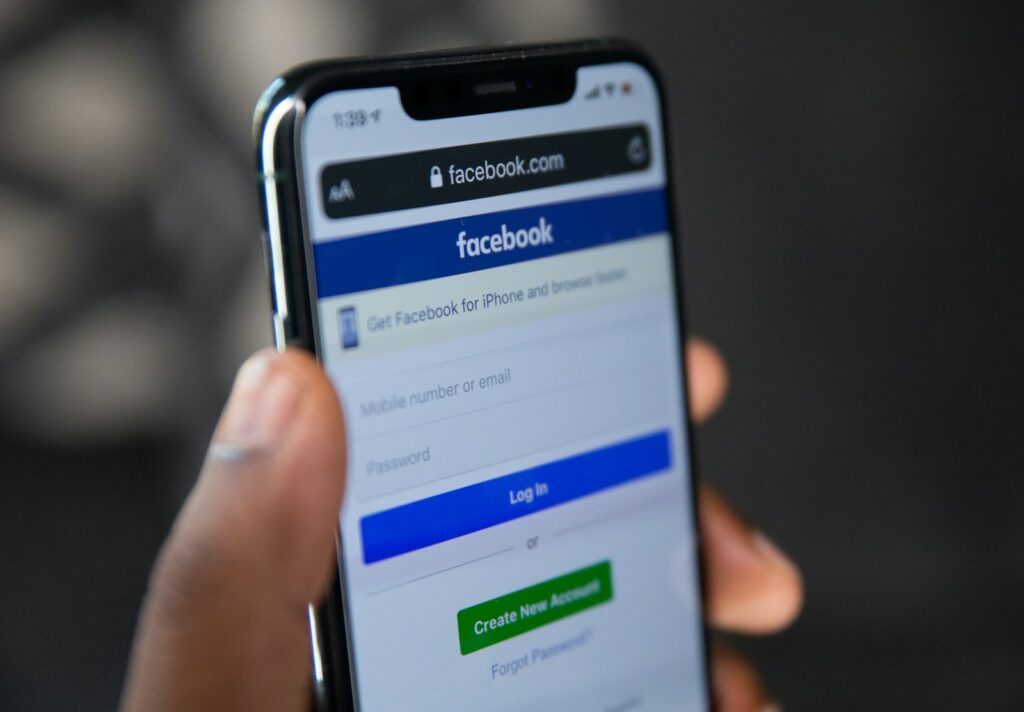
Some boomers see social media as frivolous or unnecessary, but for many today, it’s how relationships are maintained. Forgetting someone’s birthday because you’re not on Facebook might seem harmless, but in the current world, it can be viewed as distant or out of touch. Digital interaction is now part of etiquette, not separate from it.
Punctuality means being on time, and not early.
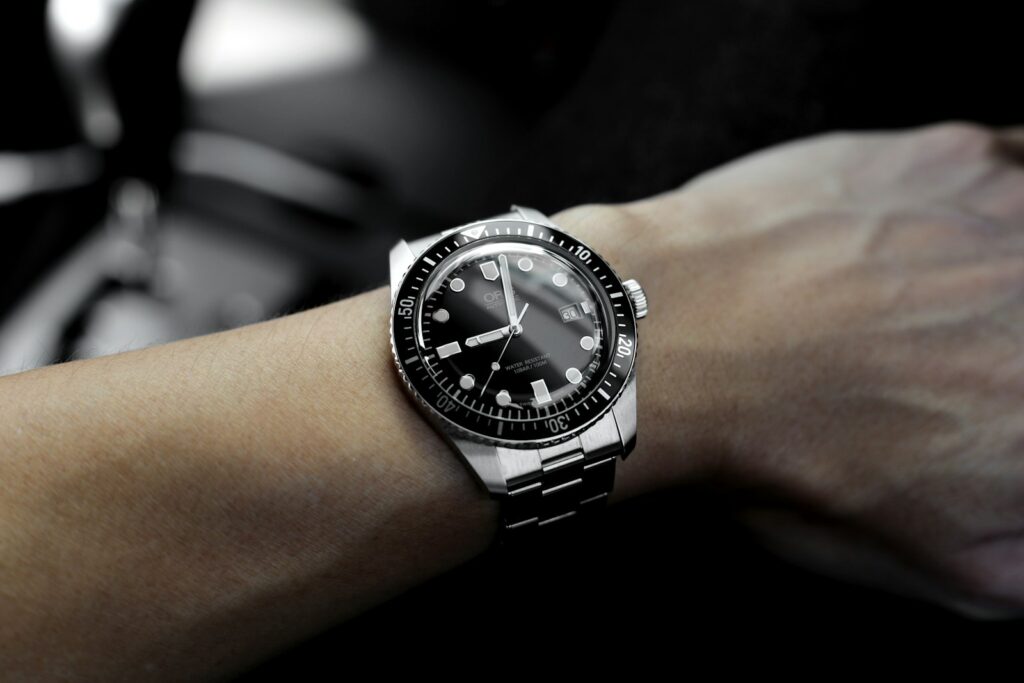
Boomers were often taught that being early was a virtue. But today, showing up too early, especially to someone’s home—can feel disruptive. Most people plan down to the minute, and an early arrival can throw things off. The new norm is simple: arrive on time, not before. Respect for people’s preparation time is part of being considerate.
Pushing for phone calls during grief isn’t helpful.

In the past, calling someone when they were going through loss was a sign of love. But now, many people prefer space. A message expressing support and offering to talk when they’re ready feels more empathetic. Pushing for real-time calls, especially during emotionally intense periods, can feel overwhelming rather than comforting.
Correcting someone’s language or grammar isn’t always polite.

Boomers sometimes correct others out of habit or good intentions, especially with spelling or speech. But today, that’s often viewed as patronizing. Unless someone asks for help or you’re in a professional setting, it’s best to let casual language be. Politeness now means prioritizing connection over correction.
Telling people to “toughen up” misses the point.

Many boomers were taught to push through pain or stress quietly. But today, there’s a deeper awareness of mental health. Dismissing emotions or encouraging people to “get over it” is no longer seen as helpful. It can feel invalidating. Offering space, understanding, and empathy is the new norm—and sometimes, the stronger act is allowing someone to feel.

